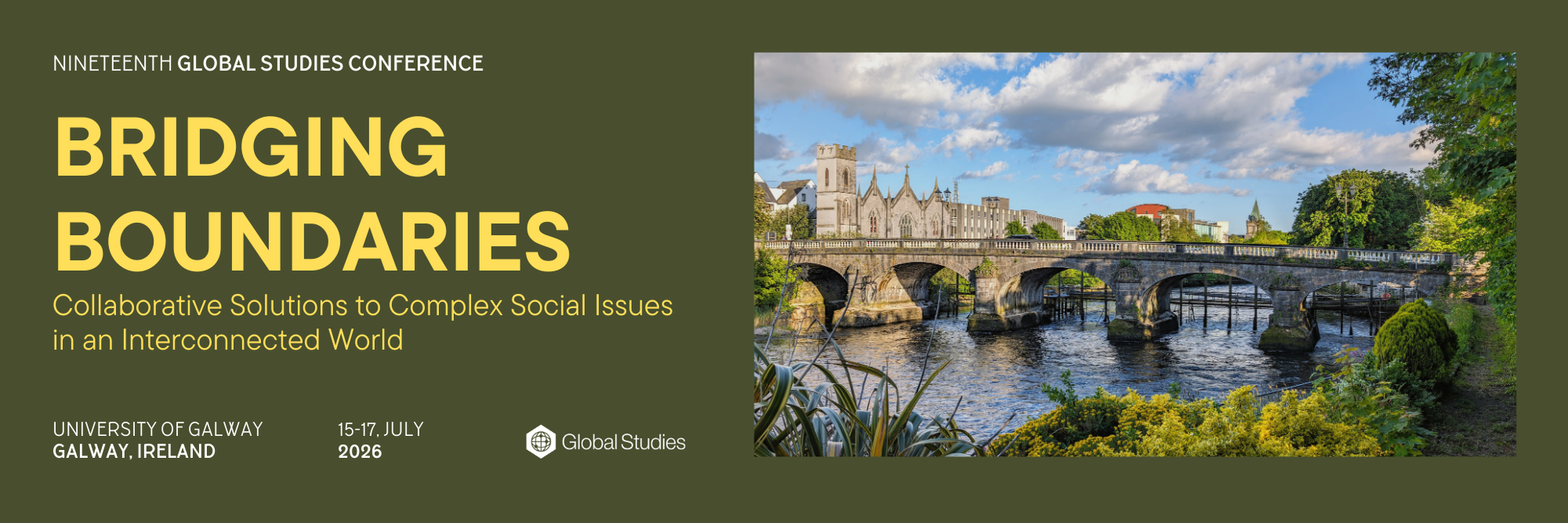Abstract
Environmentally-focused connection and comparison of two British plantation frontiers, Guiana and Ceylon (Sri Lanka) between 1802 and 1869 reveal the reinvention of unfreedom and the revitalization of plantation production as new technologies, ideologies, and transoceanic networks facilitated the replacement of slavery with nominally free but coerced and racialized migrant labor forces. Guiana and Ceylon commonly experienced wartime transition from Dutch to British rule, colonial repression of enslaved and indigenous resistance, gradual abolition, and post-emancipation expansions of plantation production fueled by Indian labor. This paper compares how Guianese and Ceylonese plantation landscapes of repression and resistance evolved in triangular relationships encompassing environmental change, disciplinary regimes, and labor resistance. It connects Guiana and Ceylon in a transoceanic “Indo-Atlantic” which entwined agricultural knowledge, colonial discourses on race and climate, and ecological threats like disease and drought. This paper reimagines Atlantic and South Asian colonial regimes as co-constitutive, reveals landscapes of continuity and change among enslaved and emancipated plantation labor regimes, and uses environmental history to advance comparative and integrative analysis of the global British Empire.
Presenters
Eamonn BellinStudent, PhD History, Georgetown University, District of Columbia, United States
Details
Presentation Type
Paper Presentation in a Themed Session
Theme
KEYWORDS
Tropical Ecology, Unfree Labor, Empire, Slavery and Emancipation, Racial Capitalism

